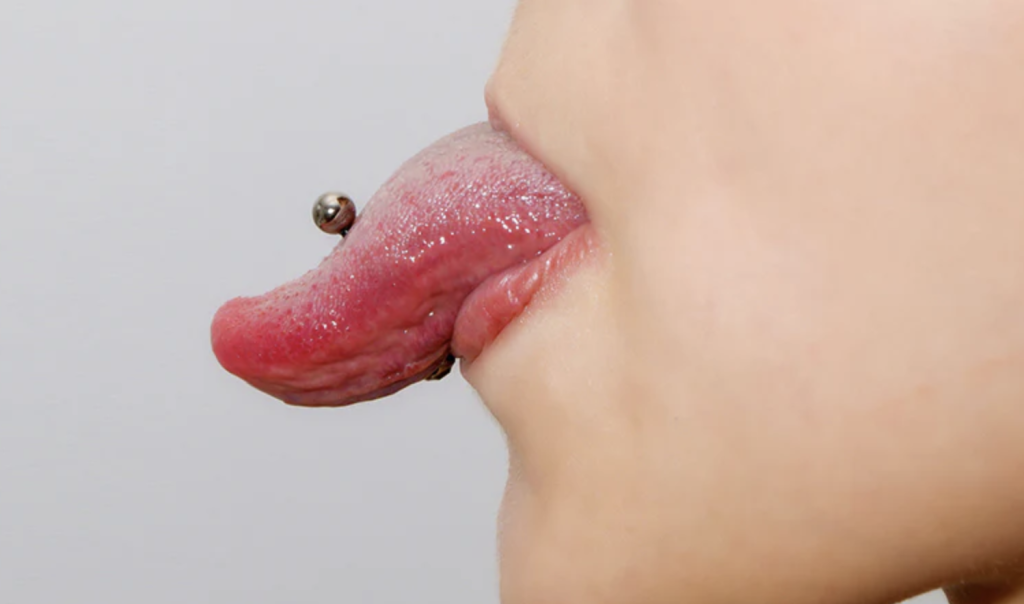Tongue piercings have long been a captivating and bold form of body modification. While they may appear edgy or rebellious to some, the reasons people choose to get their tongues pierced are far more personal and diverse than many assume. Far from being just a fashion statement, a tongue piercing can carry a variety of meanings—ranging from cultural expression and individuality to sensual symbolism or even spiritual significance.

At its core, a tongue piercing is a form of self-expression. For many individuals, it is a unique way to assert control over their body and reflect their personality. The piercing sits in a highly visible yet easily concealable place, giving wearers the ability to decide when and how to reveal this part of themselves. This duality is part of the appeal—it can be private or public, provocative or subtle, depending on the situation and the person wearing it.
The process of getting a tongue piercing involves inserting a straight barbell through the center of the tongue. Though it may look intimidating, the procedure is relatively quick and is typically done by professional piercers using sterilized equipment. The healing process usually takes several weeks, during which the wearer must follow strict hygiene and aftercare routines to prevent infection and ensure proper healing.
Beyond aesthetics, many people choose tongue piercings for the way they make them feel. For some, the sensation of the jewelry inside the mouth adds an element of stimulation or tactile enjoyment. In relationships, tongue piercings are often associated with enhanced intimacy, although this is just one of many reasons someone may decide to get one. It’s important to remember that interpretations of piercings can vary widely, and no single meaning applies to everyone.
Cultural influences also play a role in the popularity of tongue piercings. In various subcultures and artistic communities, body piercings have become a form of identity, symbolizing openness, creativity, and a willingness to challenge societal norms. Within these circles, a tongue piercing might be viewed as a rite of passage or a marker of belonging. On the other hand, in more traditional settings, it might still be seen as controversial or misunderstood—only reinforcing its role as a rebellious symbol to some.
It’s also worth noting that tongue piercings require a level of commitment. Proper care includes rinsing the mouth regularly, avoiding certain foods during the initial healing period, and being mindful of speech or chewing habits to avoid irritation. Long-term wearers must also be cautious of potential dental impacts, such as chipped teeth or gum damage, though modern jewelry designs have helped reduce these risks.

In recent years, the jewelry itself has become more customizable and stylish. From colorful acrylic balls to elegant gold barbells or even titanium options for sensitive skin, there is a wide variety of choices available. This means that tongue piercings can be as playful, classy, or minimal as the wearer desires, allowing even more room for personalization.
Ultimately, a tongue piercing is more than just a piece of metal—it’s a personal statement. Whether chosen for artistic reasons, spiritual beliefs, emotional empowerment, or simple fashion, it represents the individuality of the wearer. As perceptions continue to evolve, what was once considered taboo has now become a celebrated form of modern expression.

















